Since April 2018, Kingfisher Citrus have been very effectively using The Melbourne Food Hub site as their metro operational hub of activities. Each week you will see their fleet of trucks come in and off and on load their wares. It’s a farmers dance, as they expertly manoeuvre tonnes of fruit and vegetables and other products between the warehouse storage depot and re-distribute between which way their trucks are heading next. The fourth generation farming family from Narrung have recently branched out with more land in Rosedale, Gippsland. The trucks are destined for these locations, up to 6 hours one way from Melbourne. The metro Melbourne Food site allows them to store their produce closer to their major market of Melbourne, instead of carting it unnecessarily back and forth which creates extra food km’s.
How Kingfisher Citrus came to be on the site is thanks to a long standing relationship with Melbourne Farmers Markets. After the millennial drought hit in 2002 and the Australian dollar recorded highs of US$1.10, Kingfisher’s export markets in the US and South-East Asia crumbled. It was in these years to come that the farming family had to do some serious soul searching, and it was at this time that they turned to farmers’ markets and the initiatives of Melbourne Farmers Markets. For over ten years MFM have offered Kingfisher a consistent platform to market and value add their produce and they now attend six of established Melbourne Farmers Markets, including Alphington Farmers Market every week.
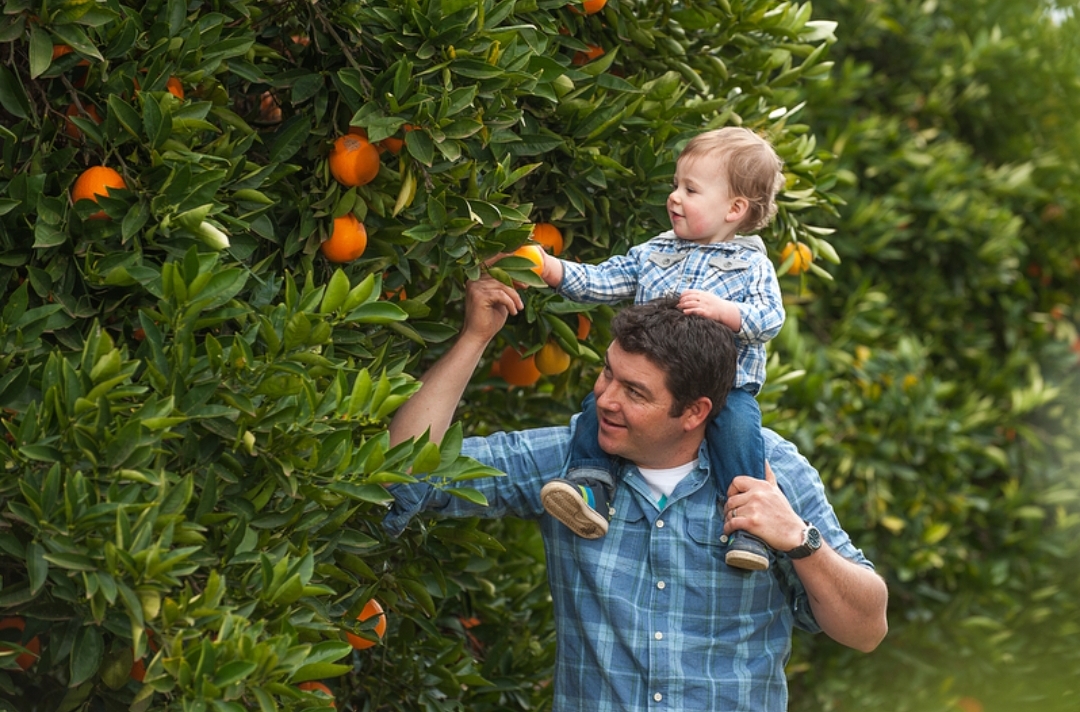
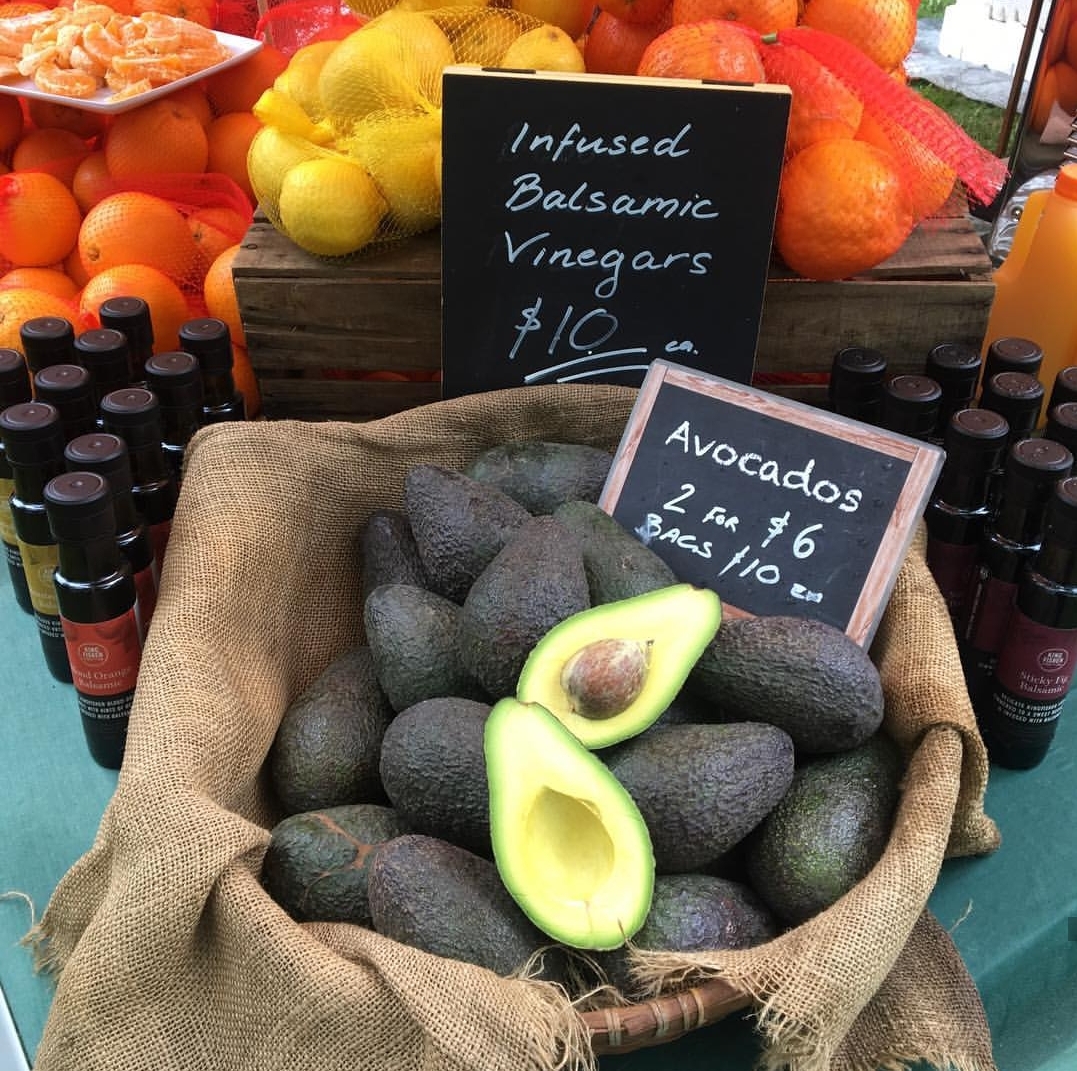
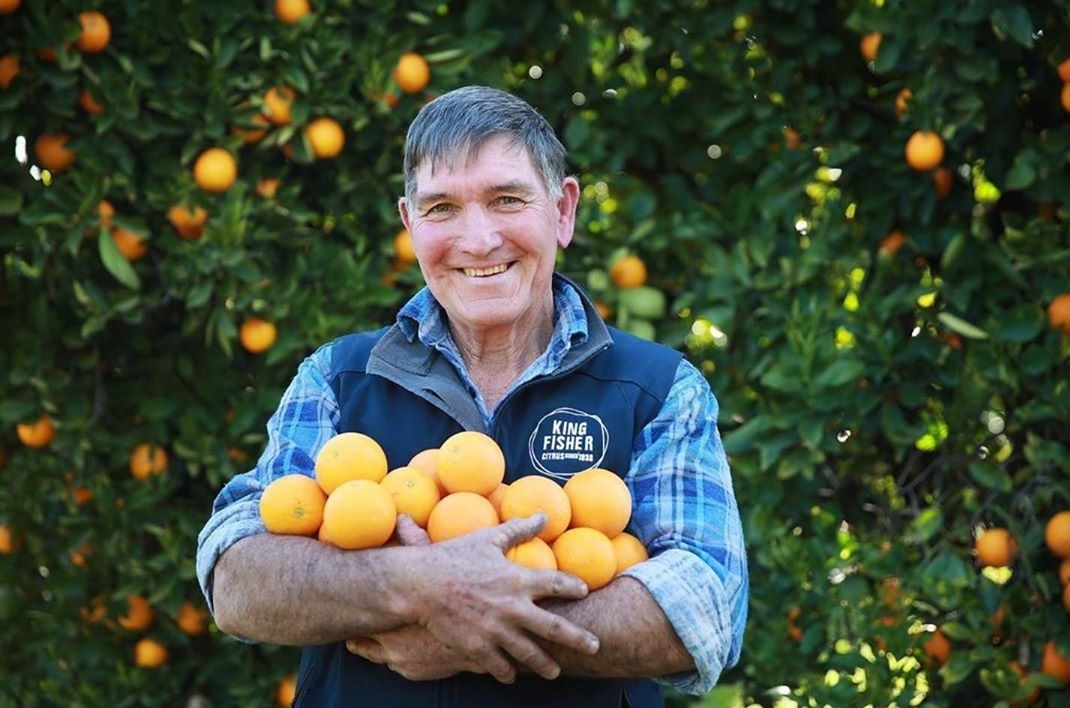
Did you know that at the wholesale market, citrus growers receive between 17c and 25c per kilogram? This is barely enough for most growers to cover production costs. Add to this packing, distribution and retail costs, they are lucky to see 10% of the overall dollar of their produce. Ensuring alternative avenues for sales and distribution is vital for the people who grow our food. Through farmers markets, and other models we are developing at the hub, producers are able to determine a fair price point and reap the benefit of the full retail dollar.
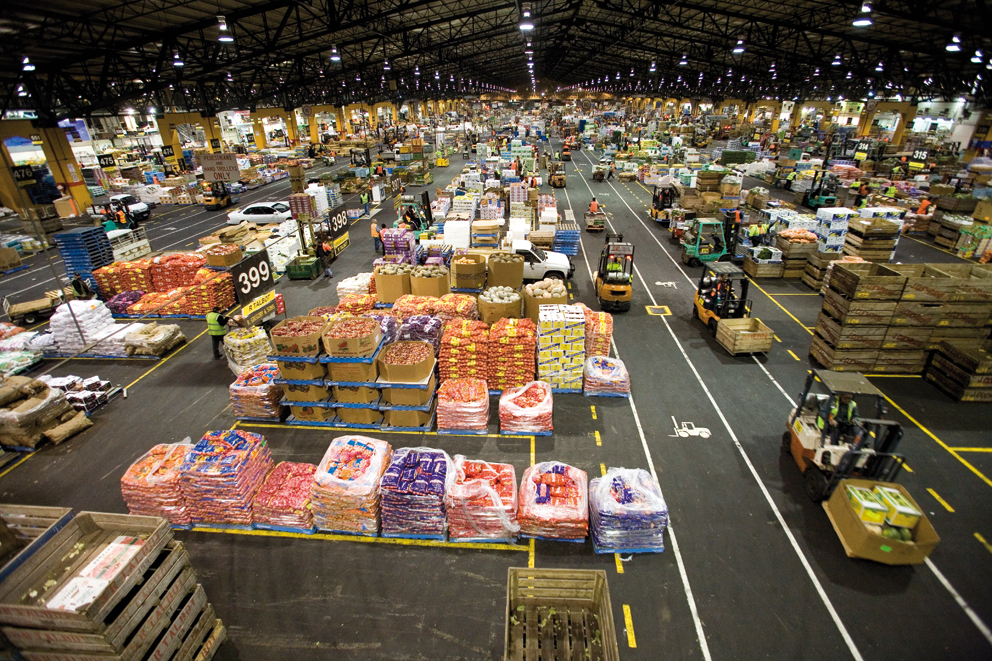
With the launch of the Melbourne Food Hub and the opportunities that the site offers in way of storage capacity, Kingfisher Citrus jumped at the opportunity to use the site as their metro base.
The site offers Kingfisher a place to store and redistribute their stock week to week avoiding unnecessary carting of produce back and forth from their Regional farm which is a six hour drive one way to and from Melbourne. In preparation for each market, the team need to move around many tonnes of fruit, garlic, pumpkins and bottled products. Before Melbourne Food Hub, this used to happen in shopping centre car parks and all manually by hand between trucks. Now, the storage space allows for a forklift to be used, saving backs and time.
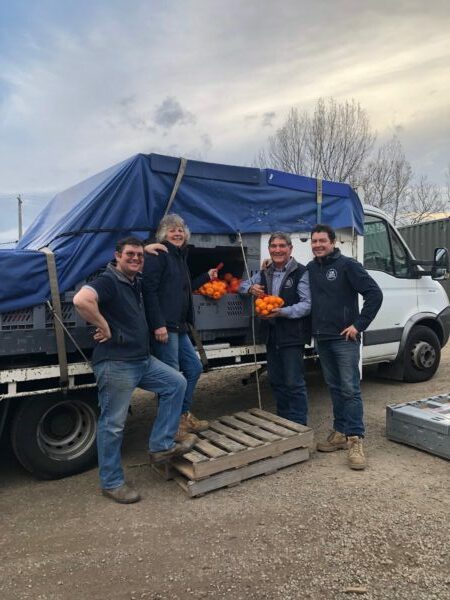
The increased cash flow and profitability has allowed Kingfisher to remain viable and start to re-invest in their two farming locations as well as increase overall efficiencies, expand plantings and focus on research and development opportunities
Kingfisher started with two varieties of oranges and their Mum’s lemons curd. Now they have six orange varieties, three blood orange varieties, Cara Cara pink navel, four mandarin varieties, three lemons, three limes, two grapefruit, pomelo, tangelo, seven varieties of avocados, nine varieties of pumpkins and four garlic varieties. They also use ‘seconds’ to juice onsite at the farmers markets and value add through jams, marmalades, flavoured vinegars and pure juice icy poles!
In recent times Kingfisher have been recognised as a top 3 finalist in the 2016 Weekly Times Coles Farmer of the year awards in the category of Farm Magazine innovative farmer of the year and were recently nominated for the 2017 Regional Achievement and Community Awards in the section Prime Super Agricultural Innovation award.
Already on-site, there has been some great collaborations happening with other onsite neighbours and partners like Reground. Kingfisher have helped Reground out loading up and delivering their soft plastics that they collect and deliver to a local recycling plant that use the resource to turn it into other products like road gravel and furniture.
“We are confident this next step with Melbourne Food Hub will drastically optimize our operations and reach. It will help to build our business in Melbourne, develop our online pre-sales and to grow our customer base to provide local, fresh, in season and sustainably grown produce… whilst ensuring the longevity of our heritage family farm for many future generations to come”.
Get in touch with us if you would like to explore depot options at the Alphington site.
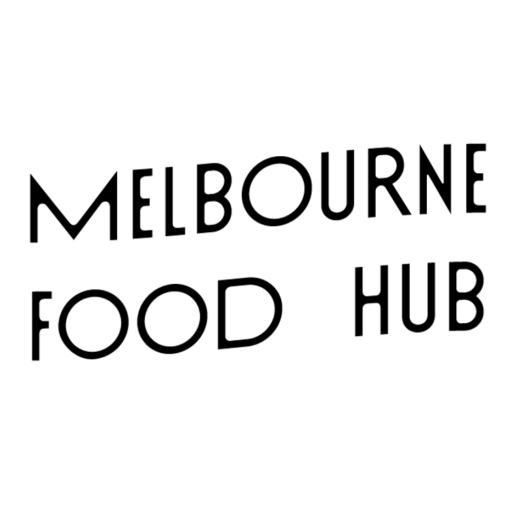
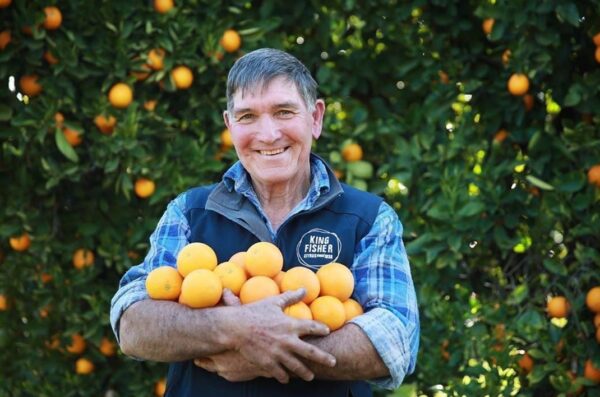
Recent Comments